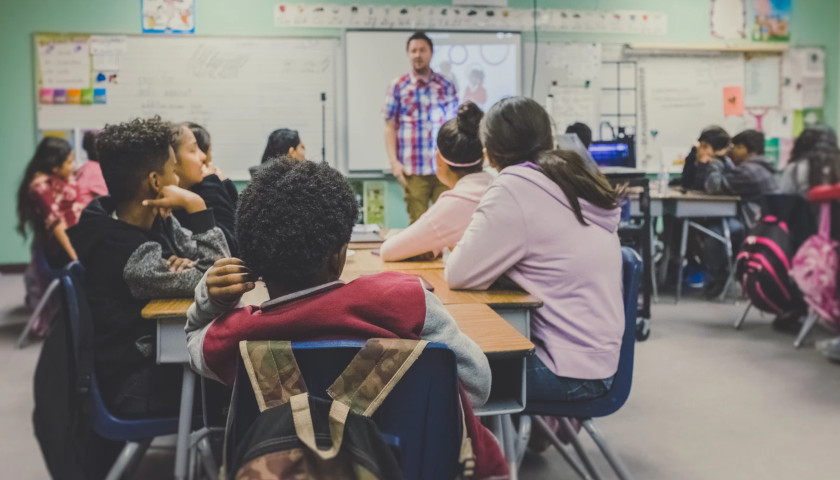A Fairfax County Public Schools (FCPS) study found an 83 percent increase in middle and high school students earning ‘F’ grades in two or more classes. The study compared Quarter One 2020-2021 results to Quarter One 2019-2020, and coincided with COVID-19 virtual learning. Last school year, six percent of the students earned ‘F’ grades in two or more classes; that increased to 11 percent in the latest results.
The study showed that at-risk groups saw even bigger increases. “The amount of increase among racial/ethnic, gender, and other student groups was highest among Students with Disabilities (111 percent increase), and English learner (106 percent increase) students and lowest among Black (63 percent increase) and White students (67 percent increase),” the study states.
The data comes shortly after FCPS announced a delay to returning to in-person learning.
State Senator Jen Kiggans (R-Virginia Beach) told The Virginia Star, “I think we’ve seen that online learning, virtual learning is just not the same for our kids.” Kiggans added, “In my opinion, I think we’re really doing them a disservice by not putting them back in the classroom.”
The study was part of COVID-19 requirements from the Virginia Department of Education (VDOE), according to Director of Communications Charles Pyle. He said specific policy decisions are left to individual districts, but he said districts need to prioritize getting children back into schools and to develop plans to help the students catch up.
“I think there’s widespread agreement that the sooner we can get students back in school, back in the classrooms, with their teachers and their classmates, the better,” Pyle said. “The challenge for school divisions in making those decisions is to do that safely.”
“The CDC came out last week and said we’ve got nine months of statistics to prove our kids just aren’t as at risk as we were originally worried,” Kiggans said.
In the FCPS study, middle school students performed worse than high school students. Middle school results showed a 300 percent increase in students earning “F” grades in two or more classes. The study also found just a 31 percent increase in high school and middle school students earning “D”s or “F”s in two or more classes comparing Q1 2019 results with Q1 2020 results. “This hints at a finding that much of the increase in students earning two or more ‘F’ marks was among students who were earning ‘D’ marks previously,” authors wrote.
FCPS Director of News and Information Lucy Caldwell said, “There are many factors that may influence student success during virtual learning, including less motivation due to distance from teachers and peers, challenges with learning environments outside of a school setting, and a need for more independence with learning and completing projects such as organization and time management skills.”
FCPS Superintendent Scott Brabrand said in a statement, “Many of our students who were doing well prior to the pandemic continue to do well. Some, who previously struggled in school, continue to do so. ”
Braband also said the district is identifying struggling students.
“We have taken several actions already including implementing catch up days, extending the first quarter and are continuing to look at ways the FCPS can help address student workload challenges,” he added.
Virginia chapter of the American Academy of Pediatrics Michael Martin told The Star that children need to be back in schools — but that communities need to control the spread of COVID-19 for that to happen.
FCPS is probably not the only place where students are failing more, according to Heritage Foundation Senior Policy Analyst Jonathan Butcher. He noted that a study in Greenville, South Carolina showed similar results. Butcher said a lack of rigor and a blanket approach to virtual learning is problematic across Virginia.
“When we see a report like this it should be of concern because of what’s happened with the pandemic over the last year,” Butcher said. “I think that what happened during the pandemic has not served the needs of all students and I think it actually has left many students behind.”
“It’s not fair, it’s not fair to our kids,” said Kiggans. “It’s really impacted our working parents as well, a lot of women have been impacted, there’s got to be a parent around to watch a lot of these kids.”
“You know, they’re struggling. We just hear the saddest stories about kids with disabilities that have trouble with that online learning environment, and then there’s always the issue of broadband, do the kids have computers that work, do they have internet access,” Kiggans concluded.
– – –
Eric Burk is a reporter at The Virginia Star and the Star News Digital Network. Email tips to [email protected].




